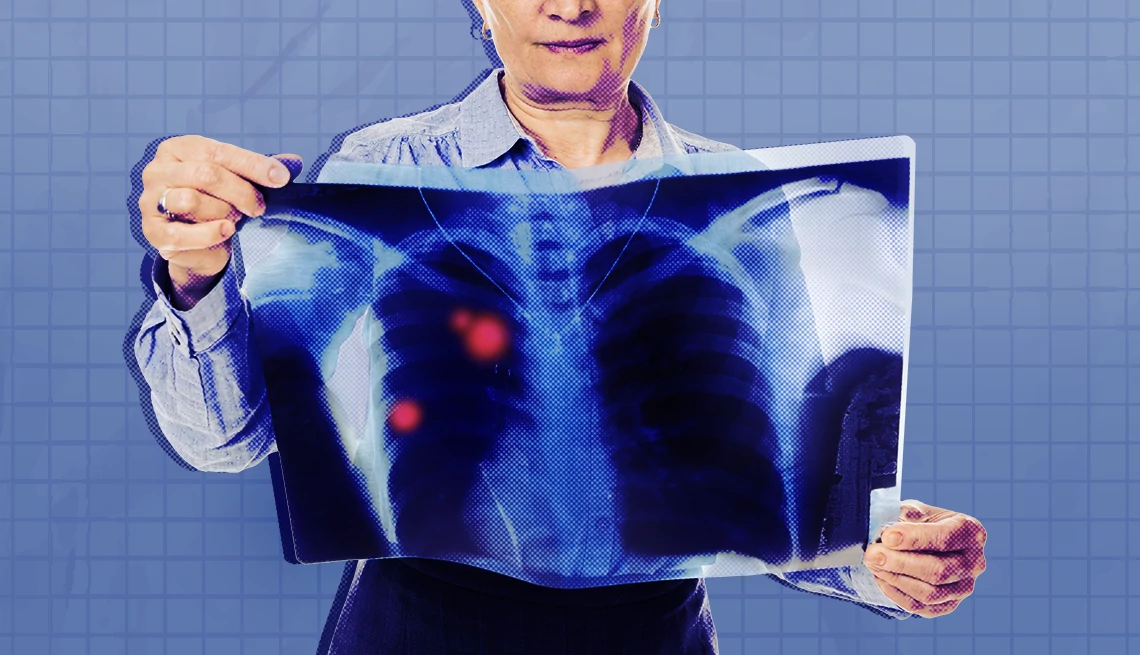Play all audios:
MORE BLACK ADULTS AND NATIVE AMERICANS ARE DYING Alarming inequalities in cancer mortality continue, according to this latest report. Native Americans are 2 to 3 times more likely to die
than white people from kidney, liver, stomach and cervical cancers. Black people are twice as likely to die of prostate, stomach and uterine cancer compared with white people, and are 50
percent more likely to die from cervical cancer, which is highly preventable. In Black adults between the ages of 50 and 64, the cancer incidence rate continues to be higher in men than
women. Kamal says that although all men should start screening for prostate cancer at age 50, Black men should get a test for prostate cancer earlier, at age 45. REDUCING YOUR CANCER RISK
The key things you can do to lower your risk of cancer are the same habits that help keep you healthy in general: exercise regularly, eat a healthy diet, avoid alcohol and don’t smoke. (See
10 Things You Can Do Right Now to Help Prevent Cancer.) It’s also important to get recommended screenings for cancer, including mammograms for women, prostate cancer screening for men and
colonoscopies for both. Norton says exercise is especially important for cancer prevention. “Exercise changes your body's physiology,” he says. “Exercise is not just for your heart, or
your lungs or your bones, as many people know, but it’s really for all the cells of your body.” Kamal says that the increase in lung cancer incidence, particularly among non-smokers, should
inspire more people to be screened for lung cancer. Only 6 percent of people eligible for lung cancer are getting screened, he adds. DO YOU NEED TO GET SCREENED FOR LUNG CANCER? _You are
considered "high risk" for developing lung cancer and should be screened if:_ * You are between the ages of 50 and 80 * You have a 20 pack-year history of smoking (this means one
pack a day for 20 years, 2 packs a day for 10 years, etc.) AND, you are a current smoker, or have quit within the last 15 years Doctors can now use CT scans to find lung cancer early, when
treatment is more likely to be successful. But signs of lung cancer can be easy to miss, and 20 percent of lung cancers happen in people who have never smoked. Kamal says if you have a
cough that won't go away, doctors may think it's due to acid reflux or a cold, but once they've eliminated those possibilities, they "may ignore those symptoms or not pay
attention." In that case, he says, a patient should bring up the possibility that a lingering cough could be due to lung cancer. If you are diagnosed with cancer, Kamal recommends
joining a clinical trial, if possible. He says mortality rates for children with leukemia have dropped 70 percent in the last 20 years, which he believes is largely due to the majority of
children with leukemia being enrolled in clinical trials. “When people ask me, ‘When will we cure adult cancer?’ The answer I give is: ‘When we get to the point where most adults with cancer
are participating in a clinical trial.’”

